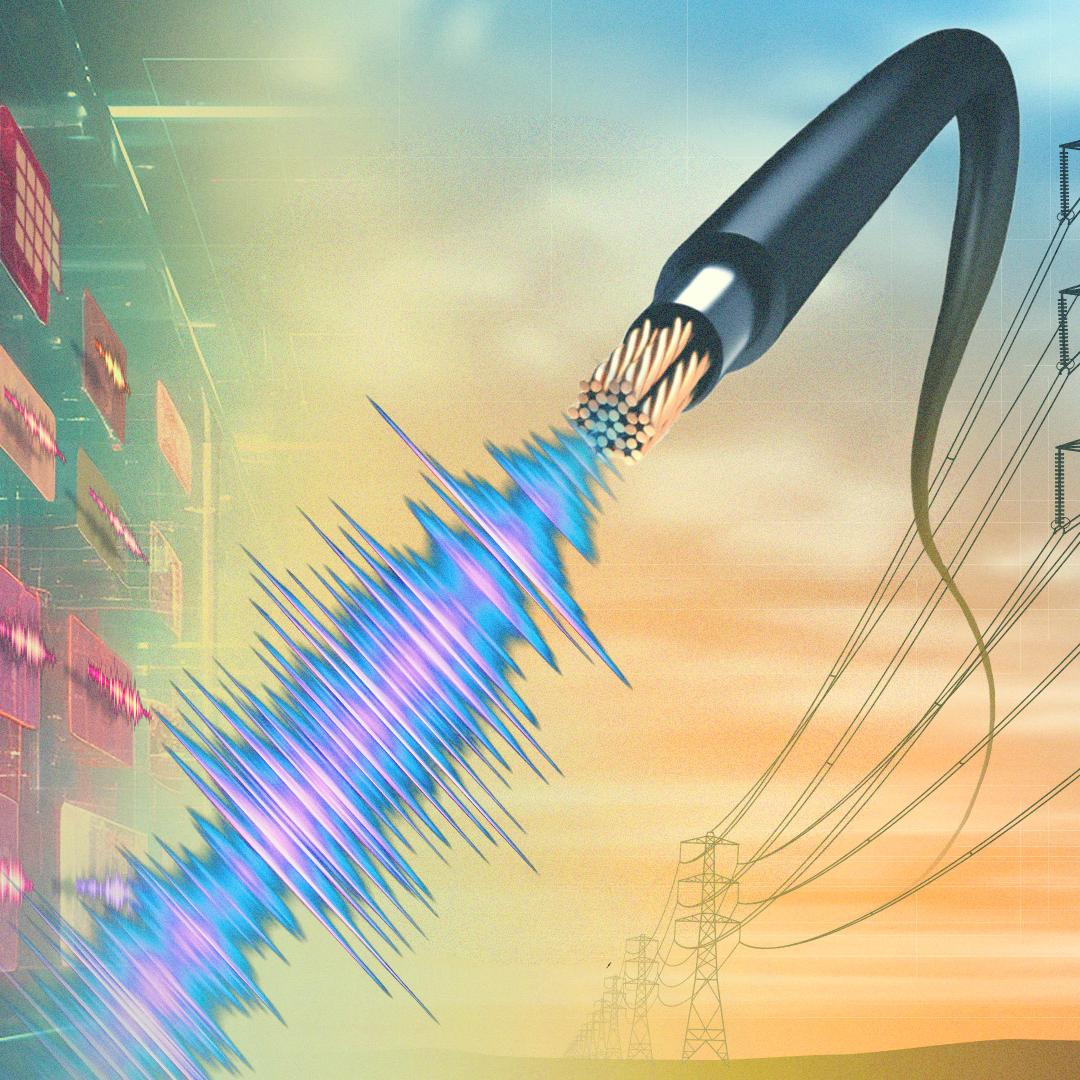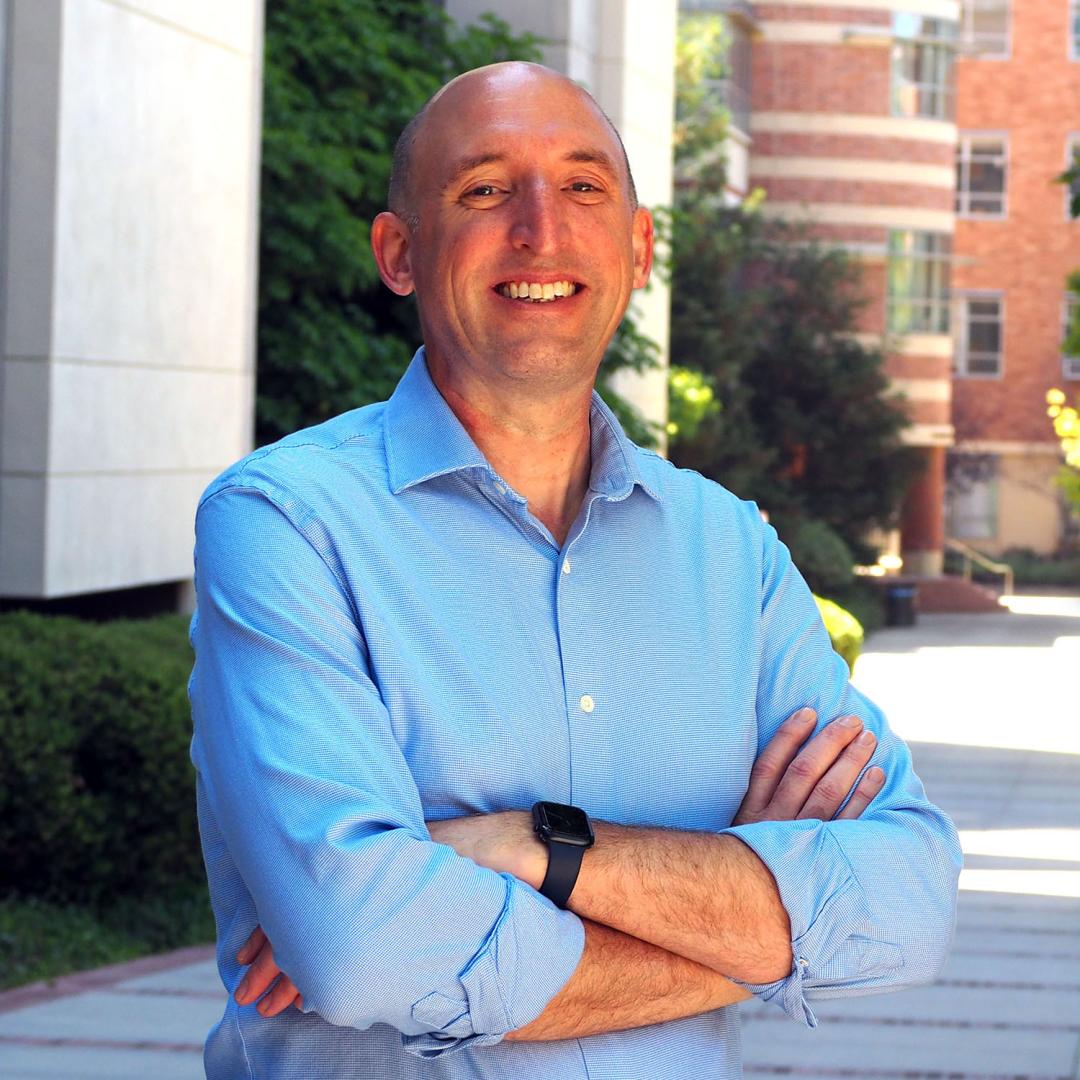
Filter News
Area of Research
- (-) Clean Energy (85)
- (-) National Security (24)
- (-) Supercomputing (73)
- Advanced Manufacturing (8)
- Biology and Environment (39)
- Building Technologies (2)
- Computational Biology (1)
- Computational Engineering (1)
- Computer Science (11)
- Electricity and Smart Grid (1)
- Energy Sciences (1)
- Fuel Cycle Science and Technology (1)
- Functional Materials for Energy (1)
- Fusion and Fission (31)
- Fusion Energy (13)
- Isotope Development and Production (1)
- Isotopes (4)
- Materials (46)
- Materials for Computing (9)
- Neutron Science (20)
- Nuclear Science and Technology (39)
- Nuclear Systems Modeling, Simulation and Validation (2)
- Quantum information Science (9)
- Sensors and Controls (1)
News Topics
- (-) Advanced Reactors (8)
- (-) Artificial Intelligence (49)
- (-) Fossil Energy (2)
- (-) Nuclear Energy (14)
- (-) Quantum Science (26)
- (-) Security (17)
- (-) Sustainable Energy (71)
- 3-D Printing/Advanced Manufacturing (82)
- Big Data (27)
- Bioenergy (31)
- Biology (22)
- Biomedical (22)
- Biotechnology (7)
- Buildings (37)
- Chemical Sciences (16)
- Clean Water (8)
- Climate Change (38)
- Composites (17)
- Computer Science (115)
- Coronavirus (27)
- Critical Materials (12)
- Cybersecurity (28)
- Decarbonization (36)
- Energy Storage (75)
- Environment (72)
- Exascale Computing (23)
- Frontier (28)
- Fusion (3)
- Grid (46)
- High-Performance Computing (41)
- Hydropower (2)
- Isotopes (1)
- Machine Learning (27)
- Materials (46)
- Materials Science (41)
- Mathematics (3)
- Mercury (3)
- Microelectronics (1)
- Microscopy (14)
- Molten Salt (1)
- Nanotechnology (15)
- National Security (37)
- Net Zero (4)
- Neutron Science (22)
- Partnerships (15)
- Physics (8)
- Polymers (13)
- Quantum Computing (19)
- Renewable Energy (1)
- Simulation (16)
- Software (1)
- Space Exploration (6)
- Statistics (1)
- Summit (43)
- Transformational Challenge Reactor (3)
- Transportation (71)
Media Contacts
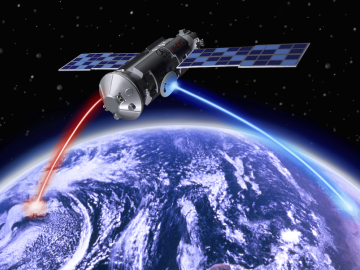
A study by Oak Ridge National Laboratory researchers has demonstrated how satellites could enable more efficient, secure quantum networks.

U2opia Technology, a consortium of technology and administrative executives with extensive experience in both industry and defense, has exclusively licensed two technologies from ORNL that offer a new method for advanced cybersecurity monitoring in real time.

A partnership of ORNL, the Tennessee Department of Economic and Community Development, the Community Reuse Organization of East Tennessee and TVA that aims to attract nuclear energy-related firms to Oak Ridge has been recognized with a state and local economic development award from the Federal Laboratory Consortium.
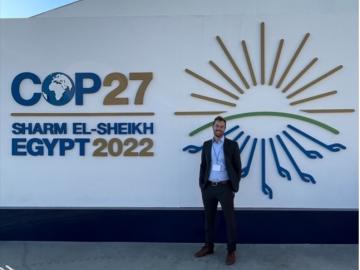
David McCollum, a senior scientist at the ORNL and lead for the lab’s contributions to the Net Zero World Initiative, was one of more than 35,000 attendees in Egypt at the November 2022 Sharm El-Sheikh United Nations Framework Convention on Climate Change, or UNFCCC, Conference of the Parties, also known as COP27.
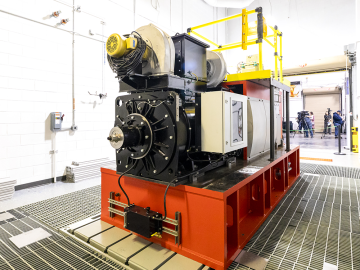
As the United States shifts away from fossil-fuel-burning cars and trucks, scientists at the Department of Energy’s Oak Ridge and Argonne national laboratories are exploring options for another form of transportation: trains. The research focuses on zero-carbon hydrogen and other low-carbon fuels as viable alternatives to diesel for the rail industry.
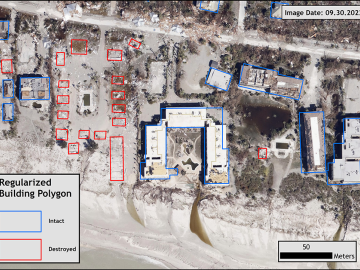
Over the past seven years, researchers in ORNL’s Geospatial Science and Human Security Division have mapped and characterized all structures within the United States and its territories to aid FEMA in its response to disasters. This dataset provides a consistent, nationwide accounting of the buildings where people reside and work.
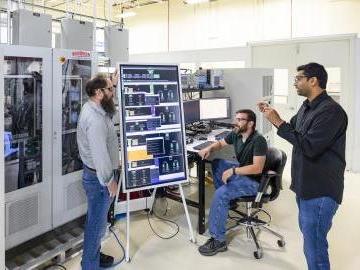
Researchers at ORNL recently demonstrated a new technology to better control how power flows to and from commercial buildings equipped with solar, wind or other renewable energy generation.
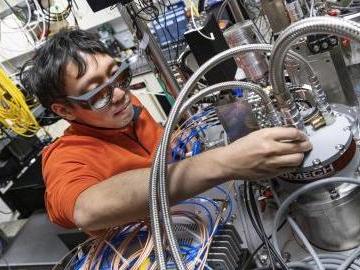
Five National Quantum Information Science Research Centers are leveraging the behavior of nature at the smallest scales to develop technologies for science’s most complex problems.
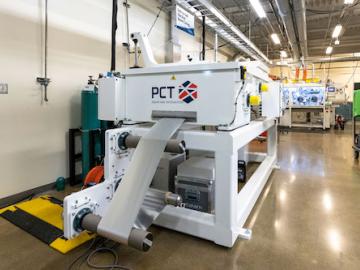
Researchers at the Department of Energy’s Oak Ridge National Laboratory and their technologies have received seven 2022 R&D 100 Awards, plus special recognition for a battery-related green technology product.
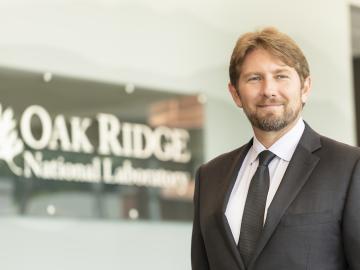
Travis Humble has been named director of the Quantum Science Center headquartered at ORNL. The QSC is a multi-institutional partnership that spans industry, academia and government institutions and is tasked with uncovering the full potential of quantum materials, sensors and algorithms.


